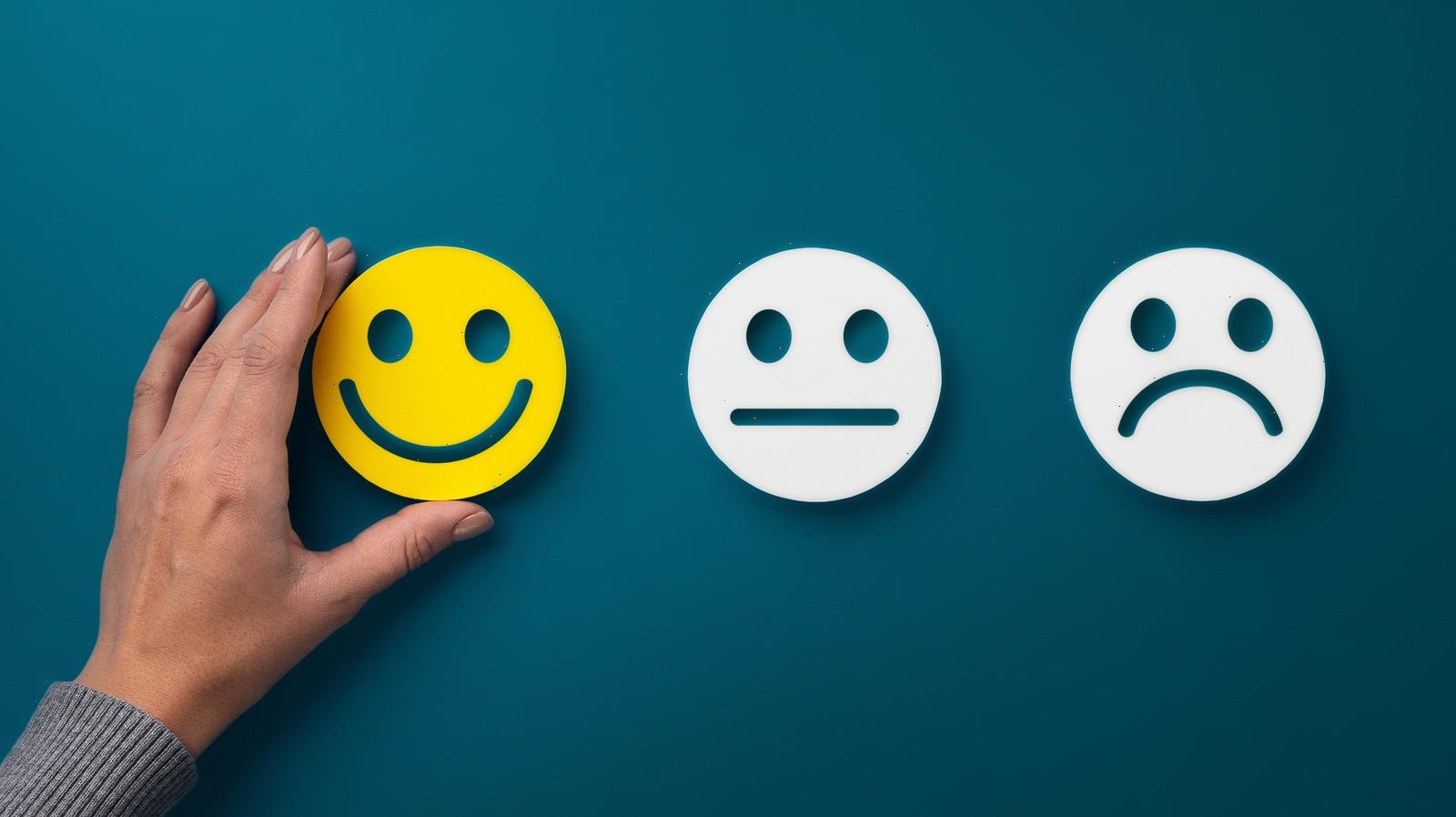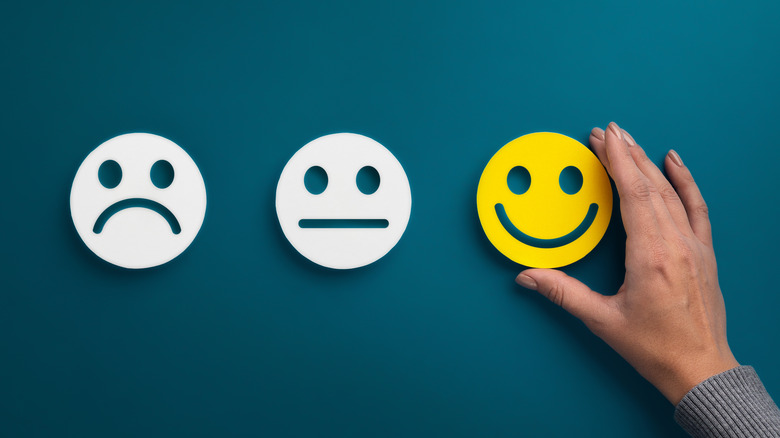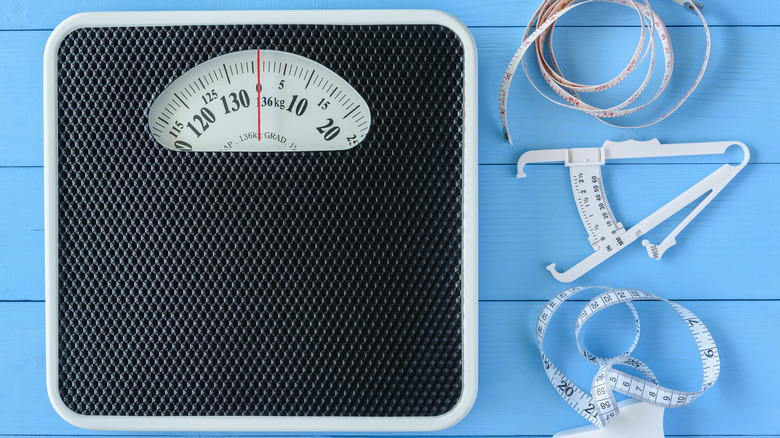If you’re not sure what a glow-up is, let us take you back to the infamous makeover scene in “Princess Diaries.” Mia Thermopolis loses her glasses, her curly hair and a bit of her personality after her makeover, only to be praised for apparently looking like “a princess.” A glow-up is essentially someone’s complete transformation, and it can be “mental, physical, and emotional,” according to Urban Dictionary. However, if you scroll down to one of the next definitions, you’ll see that a glow-up is “when you go from ugly to stunning.”
A lot of what we see on the internet has defined what “ugly” or “stunning” is within a glow-up, borrowing heavily from body-shaming practices and toxic positivity. Videos on YouTube like “the ULTIMATE GUIDE to becoming THAT girl” or “TikTok Weight Loss Glow Up Results Before and After Compilation” have over a million views, narrowing the definition to just physical transformations. More often than not, the glow-up is when a person loses weight or adheres to society’s ideal body standard.
The #GlowUp hashtag on TikTok has 31.8 billion views, with similar content. Read on to find out more about this viral TikTok trend and its implications.
Glow-ups can be harmful
During the pandemic, TikTok grew as a company with 75% more users than pre-2020 (via Forbes). This was also a time when toxic positivity within the context of the pandemic was rising — memes about staying positive, using quarantine to learn something new or better ourselves were constantly circulating (via Evening Standard). This increased the pressure for people, specially teenage girls and women, to have a lockdown glow-up: look stunning at the end of quarantine, whenever that was going to happen (via Refinery29).
We all want to manifest our best selves and the appeal of being somebody “better” is understandable. However, the way TikTok and other social media platforms have defined “better” is problematic. Many of these glow-ups feature young girls going through dramatic weight losses, often touted as a post-breakup “revenge bodies.” While a few also showcase other ways they’ve grown — their improved mental health, the number of books they’ve read — the majority of the top videos in the hashtag show us weight loss or beauty glow-ups. The trend is especially damaging for women who are already struggling with society’s fatphobia or disdain for marginalized bodies. So, while the trend appears to be a harmless self-improvement scheme, it perpetuates ideal body types and standards of beauty. A glow-up should be a personal achievement that you understand best about yourself.
Source: Read Full Article


